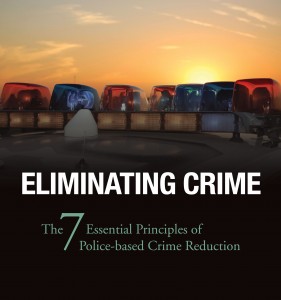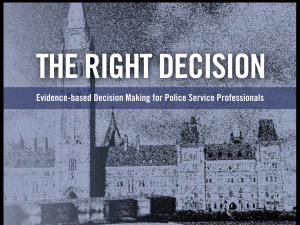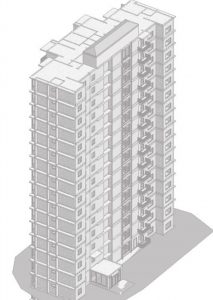Situation Tables (also known as Hubs) have become an increasingly popular means of addressing crime and several co-occurring social problems in communities across Canada. Situation Tables represent a holistic approach to individual and community well-being and safety. They are premised on a model of social service collaboration that aims to identify vulnerable individuals and connect them in a timely fashion with appropriate resources and services. There are currently nine
Situation Tables operating across British Columbia, seven of which have been directly supported by the Office of Crime Reduction and Gang Outreach (OCR-GO). Although Situation Tables appear to have a firm theoretical foundation and appear to be a significant improvement over fragmented systems of social service delivery that primarily rely on law enforcement to be service providers across a variety of circumstances for which they are not well suited, there have been no comprehensive assessments of Situation Tables. The goal of the current research is to assess the effectiveness of Situation Tables in British Columbia and to make recommendations, where appropriate, to increase their effectiveness and efficiency.




